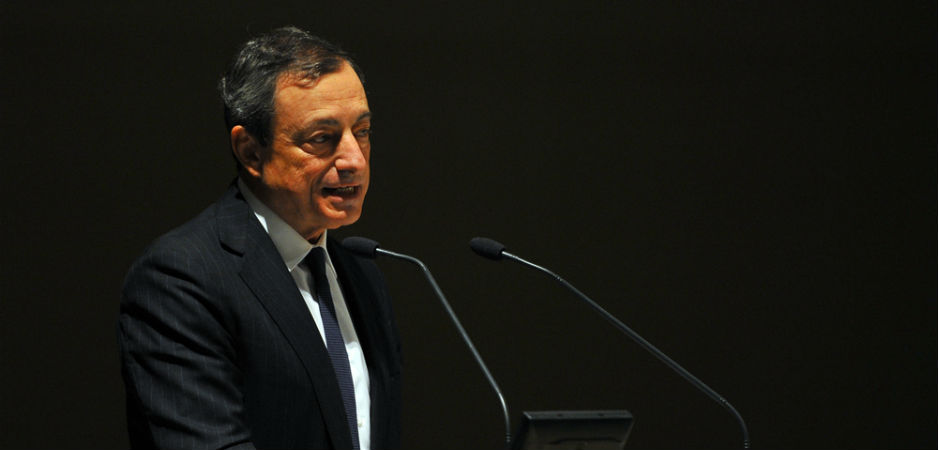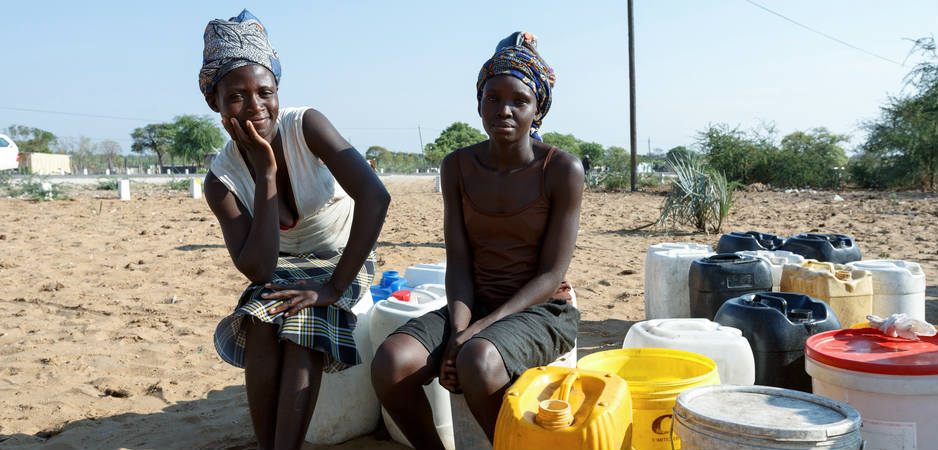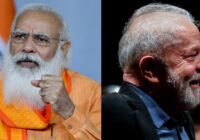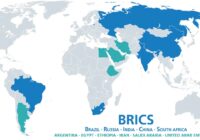Institutional reform is the need of the hour as central banks reach the limits of monetary policy and interest groups hijack fiscal policy.
This week, the rather colorless European Central Bank (ECB) took center stage. On March 10, ECB President Mario Draghi announced a surprise stimulus. The ECB cut its main interest rate from 0.05% to 0%. It also cut its bank deposit rate, from -0.30% to -0.40%. Starting April, the ECB will expand its quantitative easing (QE) program from €60 billion to €80 billion month. In a historic first, the ECB will buy corporate bonds under its QE program, releasing credit directly to businesses. It is also starting a bold new bank lending program.
Stocks rose when news of the stimulus broke. Yet this optimism was short lived. Draghi, an Italian who is often called Super Mario, appeared before news media to downplay the likelihood of further rate cuts. Markets turned skittish when they heard what Draghi had to say. The FTSE ended up 1.8% lower, Paris closed 1.7% lower and Frankfurt fell by 2.3%. The euro that had initially fallen by 1.6% against the US dollar to $1.0822 rose to $1.1218 by the end of the day.
The rollercoaster market reaction is telling. Markets are banking on continued QE to keep the party going. They assume that QE will keep releasing increasing amounts of money into the economy. This will pump up asset prices and lower cost of capital for businesses. In theory, QE will restore confidence and encourage economic activity. In reality, as this author pointed out in 2015, those who own apartments in New York and shares of Facebook are laughing all the way to the bank.
Those who do not own assets and live by selling their labor, or what Karl Marx called labor power, are not doing so well. Inequality is soaring and central banks have long been caught between the Scylla of a bubble and the Charybdis of a recession. Draghi has decided to throw the kitchen sink of all sorts of monetary measures to stave off recession. But his unwillingness to declare that he will keep refilling the punch bowl has caused markets to panic. Draghi, who once worked for Goldman Sachs, is no longer Super Mario anymore.
The Italian has come head to head with a simple problem. His big bazooka is no longer working. In January, this author pointed out that many believe that QE might have reached its limits. Merely printing ever more quantities of cash is not enough to get the economy going. Neil Irwin of The New York Times rightly observes that a protracted period of negative rates could cause people to withdraw money from banks and throw the business models of banks into chaos. After all, why would you pay banks to keep your cash if you could safely lock it up in a vault for less or for free?
It is little surprise that Barry Eichengreen, a rather famous economist, believes that negative interest rates are impairing the health of the banking system. He proposes boosting public spending instead. Sadly, that too has its limits as the huffing and puffing of the Chinese dragon demonstrates. The world is already awash with debt. Much of it as in the case of Greece cannot be repaid. Besides, building more roads in China or paying public sector workers for doing little in France might not work for too long.
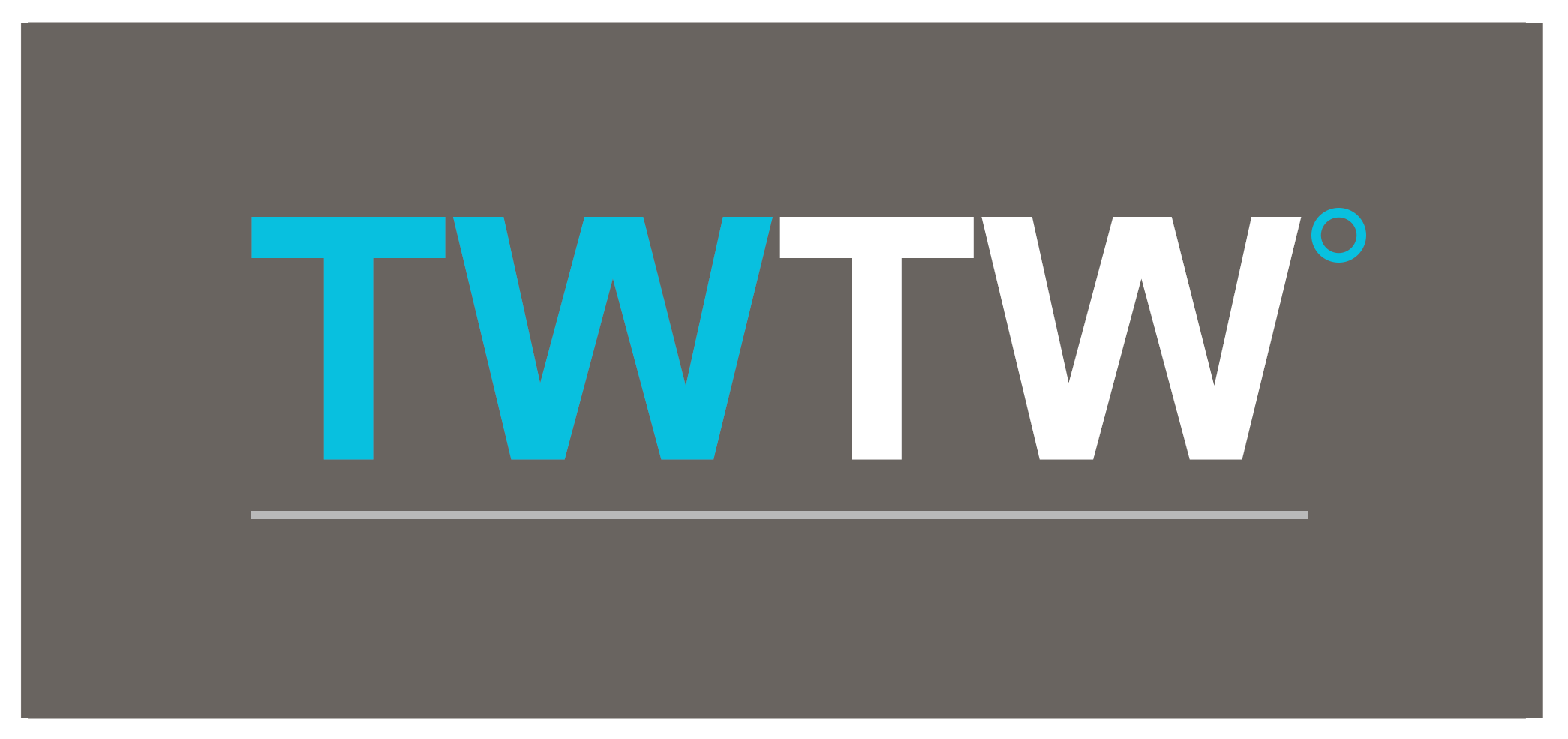 It is important to remember that public spending can work when leaders act wisely. In times when confidence ebbs, societies need direction from leaders who possess judgment. The world has little leadership today because political leaders act in the modern managerial style of Harvard Business School and McKinsey. Ideas are distrusted and processes are prized. Expediency and conformity are the name of the game. Received wisdom and opinion polls dominate. To borrow a phrase from Lee Kuan Yew, political leaders today are just catching the wind and are going where it takes them.
It is important to remember that public spending can work when leaders act wisely. In times when confidence ebbs, societies need direction from leaders who possess judgment. The world has little leadership today because political leaders act in the modern managerial style of Harvard Business School and McKinsey. Ideas are distrusted and processes are prized. Expediency and conformity are the name of the game. Received wisdom and opinion polls dominate. To borrow a phrase from Lee Kuan Yew, political leaders today are just catching the wind and are going where it takes them.
Eichengreen is right in arguing for greater investment in research, education and infrastructure. Both he and this author have taught at the University of California, Berkeley. This university has now been gutted. The Californian public education system was once the envy of the world. Today it is severely underfunded. Yet more money alone will not solve the university’s problems.
Eichengreen’s university has pottered too far along what Friedrich von Hayek called “the road to serfdom.” Its bureaucracy is like a boa constrictor, careerists outnumber those who love the life of the mind and teaching is often terrible. Money is misallocated terribly and the waste is gargantuan. Putting more money into the university without reforming it will only benefit entrenched interest groups. It may improve research, but it will fail to deliver better education to its thousands of neglected students. Besides, many will argue that the money ought to go to struggling high schools instead of a university that is packing off its best minds to Facebook.
Berkeley epitomizes the problems of the new global economy. There are no silver bullets left. Individuals are confused, societies are divided and governments have become sclerotic. Public spending might be the need of the hour, but it has been hijacked by special interests. The US is infamous for earmarks and boondoggles. Not only Washington, DC, but also state capitals like Sacramento and Richmond are now far too removed from the lives of the people. Elected representatives fight for the narrow interests of their core supporters and to please their donors because these are the two core groups that determine their re-election.
Those who enter government to reform it find the system eventually wears them down. This author has a well-meaning friend in the US Congress. Every two years, he faces elections in a swing seat. Hence, the poor fellow is always fundraising if not campaigning. The average amount a congressman spent in the 2012 elections was over $1.5 million and the most expensive campaign cost more than $21 million. This certainly causes conflicts of interest if not outright corruption. Furthermore, few congressmen manage to find time to do their real jobs such as legislating or scrutinizing the actions of the executive.
Over time, institutions often decline. Short-term thinking and private interests start subordinating long-term public interest. This is certainly the case in Washington, DC today. If the worthies in the US Congress were to heed Eichengreen and increase public spending, they are likely to shower their benefactors with goodies. Even money ostensibly going to rebuild the woeful and crumbling infrastructure of the US might end up funding projects like the “bridge to nowhere.”
Truth be told, the US and all modern democracies face two big challenges. First, how do societies fund elections? Second, how do elected representatives spend taxpayer money? In the US, the crowdfunded Bernie Sanders and the self-funded Donald Trump provide two answers different to the status quo. Both are reactions to the Bushes and Clintons. When members of these two dynasties were in power, they appointed former CEOs of Goldman Sachs as big bosses of the US Treasury. People fear more of the same. Not without justification, many believe that appointing the fox to guard the hen house may not be such a good idea.
Brazil is also struggling with the same challenges. Luíz Inácio Lula da Silva, a former president, is in trouble. On March 4, the police detained him for questioning. He has fallen prey to the long-running Petrobas corruption scandal that is causing massive upheaval in Brazilian politics.
At its core, the scandal is straightforward. Petrobas is a state-owned oil company. It overpaid construction companies. These companies then transferred some of the money to company executives and to politicians of various parties, including Lula’s Workers’ Party. This money financed political parties and their campaigns. Some of it also ended up in politicians’ private coffers. It is little surprise then that fiscal policy in Brazil does not quite work.
Brazilian prosecutors are targeting high profile politicians for putting their fingers in the cookie jar. Lula’s former chief of staff is in the dock and so is the treasurer of his party. Even President Dilma Rousseff, Lula’s successor, is under a cloud. The opposition has not fared much better. Prosecutors accuse Eduardo Cunha, Rousseff’s fiercest rival, of pocketing bribes worth $40 million, and the police have raided his house. Dozens of lawmakers have been arrested.
Just like the US, Brazil has not managed to come up with a half decent way to fund elections. This former Portuguese colony was under military dictatorship until 1985. It remains deeply divided along economic and racial lines. Deep inequities persist and favelas proliferate. Brazil’s laws are infernally complex and its political structure is fiendishly complicated. The economy is in complete disarray and the Petrobas scandal does not help. Neither fiscal nor monetary policy will solve Brazil’s problems. Like the US, the country needs fundamental institutional reforms.
*[You can receive “The World This Week” directly in your inbox by subscribing to our mailing list. Simply visit Fair Observer and enter your email address in the space provided. Meanwhile, please find below five of our finest articles for the week.]
Access to Safe Drinking Water: Challenges and Opportunities for Improving Global Health
In developing countries, women and girls spend an estimated 40 billion hours a year collecting water.
Since humans established permanent settlements and systems of agriculture, efforts to develop water supplies and waste management for the successful maintenance and growth of societies have been apparent. Archaeologists have found evidence of ancient wells, water pipes and both public and private bathing and toilet facilities in the Bronze Age. In ancient Greece and Rome, the importance of water for public health was recognized, and inequalities of access according to wealth and status must have been present.
In Europe, in more recent times, links between better water and waste management systems and improved public health were recognized in 1854, from the work of the physician John Snow in London’s Soho district during the cholera outbreak of the time. Snow’s communication with residents and careful observations traced the source of the cholera outbreak to a public water pump. The pump drew water from… Read more
Money, Not Justice, Matters Most to South Koreans
With nearly 1.1 million unemployed youth, is the burying of “historical hatchets” a way of distracting locals from domestic economic woes?
A fervent disciple of the capitalist system, where social admiration revolves around material gain, modern South Korea has become a victim of its own success. In a country where it has become commonplace for every child to aspire to work for prestigious conglomerates like Samsung or Hyundai, the rat race for jobs is what really concerns Korean citizens. Despite all the media attention, historical atrocities and “landmark” arrangements—such as the comfort woman deal with Japan of December 2015—remain secondary concerns.
With poor economic returns expected, both Presidents Park Guen-hye and Lee Myung-bak (Park’s predecessor) have responded to South Korea’s meager performance by calling for the country’s employment culture to undergo “major surgery”—in essence trying to reign in of an insatiable appetite for college credentials. Statistics, though rarely reliable just by themselves, are noticeable in… Read more
Education is the First Step to Ending Poverty
Eliminating extreme poverty may seem like a challenge, but Goal 4 of the SDGs provides an achievable vision for the future.
In the era preceding the Millennium Development Goals (MDG), securing a seat in the classroom itself was a daunting task. During the 15-year timeframe mandated by the goal of achieving primary education for all children by 2015, the MDGs succeeded in reducing the number of out-of-school children from 100 million to 57 million, and increasing the primary school net enrollment rate from 83% to 91%.
Following the success of the MDGs in accomplishing basic benchmarks, the world stands at a crossroads. The minimum expectation for education is no longer based on solely increasing access to seats in a classroom. Instead, the successor of the MDGs, the Sustainable Development Goals (SDG), which were adopted by the United Nations General Assembly in September 2015, is to ensure “quality education” and, in the process, reduce extreme poverty. Goal 4 of… Read more
A Lesson in Democracy From Syria
There are two visions of a stateless society emerging from the crucible of civil war in Syria—one seeks to enslave the world, the other to free it.
Despite what its name suggests, the objective of the “Islamic State” (IS) is the creation of a stateless society, a global caliphate that effaces all borders and unifies humanity under a fundamentalist interpretation of Islamic law. In the terrorist group’s eyes, this means freedom, a release from the bounds of secular law and the moral corruption of a secular society.
That IS would replace this with a regime of merciless brutality for any non-conformist—be they homosexual, apostate or unbeliever—should not, however, be taken to mean that all visions of a stateless society are equally abhorrent.
Growing up alongside IS’ monstrous worldview, like an antidote to its poison, is another vision of a stateless society that is the opposite of the Islamic State’s in every way. The Kurdish experiment… Read more
Is the Snooper’s Charter as Bad as You Think?
Security services lack the resources to randomly spy on people.
On March 1, UK Home Secretary Theresa May announced that the redrafting of the Investigatory Powers Bill was complete, following a call for the written evidence on the original draft in November 2015.
The purpose of the bill is to clarify what activity the British security services and law enforcement can engage in online, either by restating existing practice or by introducing new powers. The ability to seek a year’s worth of Internet browsing history has attracted a good deal of publicity and given rise to public concern. The issue is pressing as existing legislation was ruled unlawful, following a challenge from Members of Parliament Tom Watson and David Davis, and is set to expire on March 31, 2016.
David Anderson, the independent reviewer of terrorism legislation, recommends that the so-called “Snooper’s Charter”—the bill’s unofficial name—strikes a balance between freedom and security. Such a positive statement… Read more
The views expressed in this article are the author’s own and do not necessarily reflect Fair Observer’s editorial policy.
Photo Credit: Miqu77 / Shutterstock.com
 We bring you perspectives from around the world. Help us to inform and educate. Your donation is tax-deductible. Join over 400 people to become a donor or you could choose to be a sponsor.
We bring you perspectives from around the world. Help us to inform and educate. Your donation is tax-deductible. Join over 400 people to become a donor or you could choose to be a sponsor.
Support Fair Observer
We rely on your support for our independence, diversity and quality.
For more than 10 years, Fair Observer has been free, fair and independent. No billionaire owns us, no advertisers control us. We are a reader-supported nonprofit. Unlike many other publications, we keep our content free for readers regardless of where they live or whether they can afford to pay. We have no paywalls and no ads.
In the post-truth era of fake news, echo chambers and filter bubbles, we publish a plurality of perspectives from around the world. Anyone can publish with us, but everyone goes through a rigorous editorial process. So, you get fact-checked, well-reasoned content instead of noise.
We publish 2,500+ voices from 90+ countries. We also conduct education and training programs
on subjects ranging from digital media and journalism to writing and critical thinking. This
doesn’t come cheap. Servers, editors, trainers and web developers cost
money.
Please consider supporting us on a regular basis as a recurring donor or a
sustaining member.
Will you support FO’s journalism?
We rely on your support for our independence, diversity and quality.


